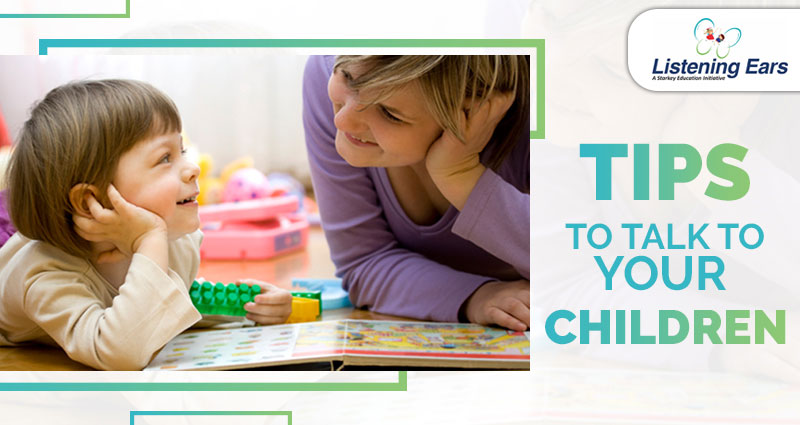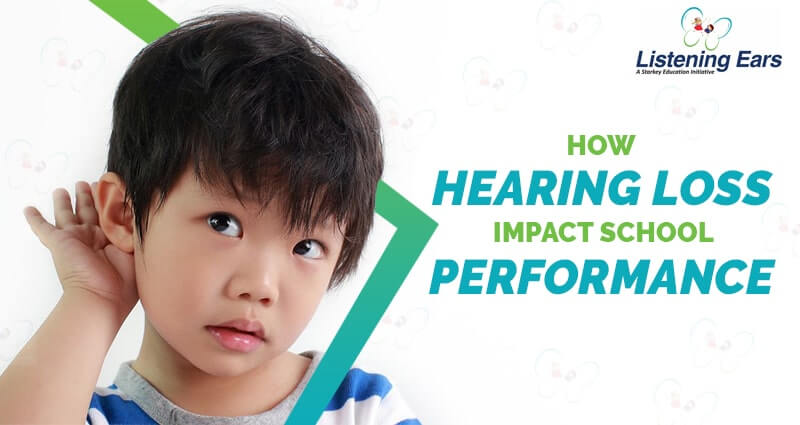PARENTAL ATTITUDE TOWARDS CHILDREN WITH HEARING IMPAIRMENT.
PREVENTING HEARING LOSS
November 7, 2016Importance of Songs and Rhymes in the Early Years
November 8, 2016Attitude of parents has tremendous effects on the hearing impaired children . If favourable it can boost the confidence of the child , can elecit better performance; however when the attitude is negative it can have a detrimental effects.
A number of studies have been conducted to understand the nature of parental attitude towards hearing impaired children. I hereby qoute one such study which helps us to understand parental attitude empirically.
-The study was undertaken to investigate the attitudes of parents towards their hearing impaired children. The sample comprised of 60 parents (30 fathers and 30 mothers) of 0-12 year old hearing impaired children, in and around Mumbai, India.”Parental Attitudes Scale” a self-assessment tool was specially developed for the purpose of the study.
The conclusions of the study are:
1) fathers exhibit more favourable attitudes in comparison to mothers
2) fathers and mothers exhibit more favourable attitudes towards their hearing impaired sons than towards their daughters.
However, this attitudinal bias is statistically significant in case of fathers, but not so with mothers. As education levels improve, parental attitudes also become more favourable.
Since parental attitudes play an important role in the rehabilitation of any disabled child, it may be desirable to include the “Parental Attitude Scale” as a screening tool along with other audiological, speech and psychological assessment.
Such a scale could help in understanding parental attitudes and feelings about their hearing impaired children and serve as a guideline for counseling parents to bring about the attitudinal changes for more effective rehabilitation.
The findings of the study indicate the importance of counselling focused specifically towards developing healthy parental attitudes which would in turn result in acceptance of the child’s disability and facilitate therapeutic progress.
—————————————————————————————
References:
Online
- http://www.dinf.ne.jp
- http://www.academia.edu



